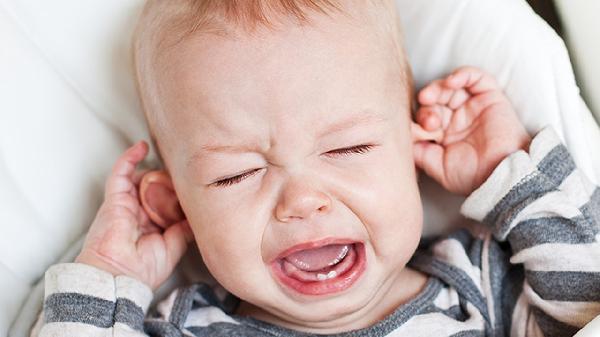Being a mental health caregiver is no walk in the park—it’s more like running a marathon with no finish line in sight. A shocking new study just dropped, revealing that nearly half of all mental health caregivers in the U.S. are battling severe depression and anxiety themselves. That’s right—the very people holding others up are barely keeping their own heads above water.

The Silent Struggle of Caregivers
Caregivers pour everything into supporting loved ones with mental health conditions—whether it’s a parent, sibling, partner, or friend. But who’s taking care of them? Turns out, not enough. The study found that 48% of caregivers reported symptoms of major depression, while 41% faced severe anxiety. That’s way higher than the general population, and it’s a wake-up call we can’t ignore.
Many caregivers feel like they’re drowning in responsibility but don’t have the time, energy, or resources to address their own mental health. They’re so busy putting out fires for someone else that their own emotional well-being goes up in smoke.
Why Caregivers Are Burning Out
Emotional Exhaustion – Imagine constantly worrying about someone else’s stability while your own mental health takes a backseat. Caregivers often suppress their own needs, leading to chronic stress and emotional fatigue.
Lack of Support Systems – Unlike medical professionals, family caregivers don’t get paid time off, therapy sessions, or even a simple “How are you doing?” from others. Many feel isolated, like they’re carrying the weight alone.
Financial Strain – Between therapy bills, medications, and sometimes reduced work hours, caregiving can drain bank accounts fast. Money stress only adds fuel to the mental health fire.
Guilt & Self-Neglect – Caregivers often feel guilty for taking time for themselves, thinking, “If I rest, who’s going to be there for them?” But skipping self-care is like driving a car on empty—eventually, you’re going to break down.
How to Support the Supporters
If you know a mental health caregiver, don’t just say, “Let me know if you need anything.” Most won’t ask—they’re too busy or too proud. Instead, step in with specific help:
The Bottom Line
Caregivers are the unsung heroes of mental health, but they can’t keep running on fumes. If we want them to keep showing up for others, we have to start showing up for them. Because if the caregivers collapse, who’s left to hold everyone else together?
So next time you see someone in the trenches of caregiving, don’t just applaud their strength—reach out and lend a hand. They need it more than you think.
























